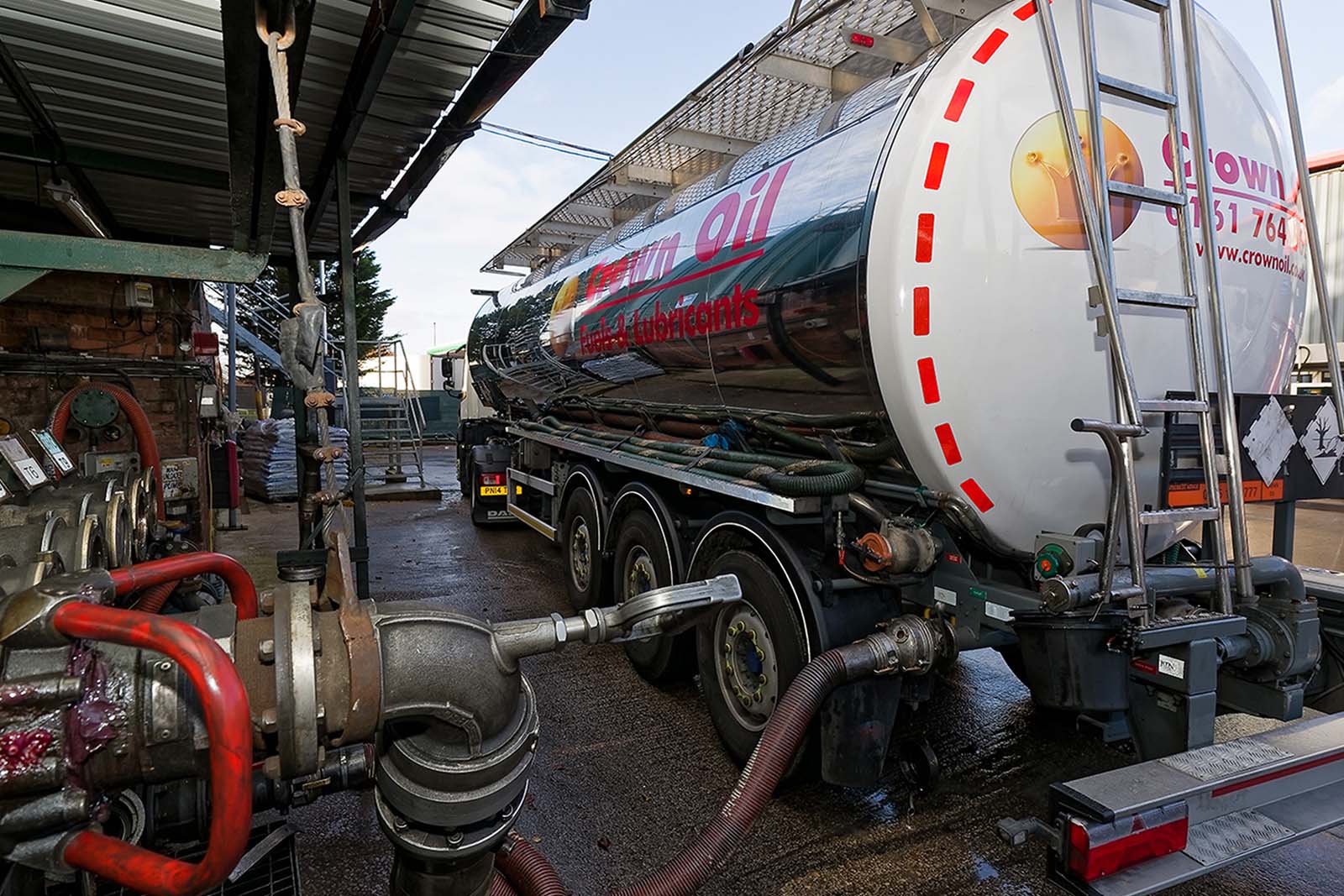Is contaminated diesel bugging you?
Every year, hundreds of top-spec machines and expensive pieces of equipment are damaged by something that can only be seen under a microscope. It’s incredible to think that a machine can be destroyed so easily by something so small and insignificant.
But, a few simple checks, carried out on a regular basis, can save you a lot of time and money with regards to your fuel quality.
It all starts with taking a sample of your oil or fuel and running some analysis on it.
What is oil analysis?
Oil analysis, also known as fuel analysis, is a process carried out by fuel testing companies. As part of fuel polishing for diesel and oil, the analysis is required to distinguish the fuel quality and condition of the oil in storage.
An oil sample is taken from the storage tank and then sent to a lab for analysis. This analysis will produce a report indicating that your oil is in one of three categories:
- Negligible – A negligible level of fuel contamination means a low volume of microbes have been found. This shouldn’t be an issue but take notes and check back at a later date.
- Moderate – There is a level of microbes within your fuel which is damaging. This will require a simple form of treatment.
- Heavy – A large volume of microbes found through oil analysis shows a bigger threat to your machinery. A thorough clean will be required to decontaminate your fuel.
It’s important to get an oil analysis report first before a fuel cleaning company just polishes the fuel. This is because the fuel polishing process can take some time and it’s better to have machinery in operation rather than switched off for maintenance. The cost of fuel polishing when it isn’t required can, therefore, prove costly to a business.
Fighting fuel contamination
Fuel contaminated with diesel bugs will degrade over time in storage. Your machinery may be fine using it until the levels of contamination prove too much and it will either cause faults in your machinery or break your equipment completely.
For the different grades of fuel contamination, there are various solutions which can be used. These range from simple biocide treatments to a full fuel polishing service. If you use these services, you may require a fresh batch of fuel once a thorough tank clean has been carried out.
Contaminated fuel is usually treatable by a fuel cleaning system so it’s always a good idea to get your oil analysed and not ignore it.
Why check the fuel in winter?
The winter periods can be the busiest periods for some companies and downtime due to contaminated diesel, is not acceptable. Regular fuel checks throughout the year will enable you to keep an eye on your fuel quality and ensure full uptime of equipment and machinery.
As well as summer, you need to ensure a winter fuel check is carried out to remain pro-active during busy business periods.
What’s the worse that could happen?
If your oil analysis results suggest that your fuel is more like Dr Pepper rather than diesel, then you’ll need to dispose of your old oil. This means you’ll likely require the professional services of a company like Crown Oil Environmental, who will be able to assist you with the removal of the waste oil from your tank and dispose of it to current government standards.
Full industrial tank cleaning will then be required in order to remove all of the contamination from the walls of the tank and the pipes. As part of the waste oil collection and disposal, the fuel may still be recycled via a waste oil recycling service.
For more details regarding fuel quality and oil analysis, you can call us on 0330 123 3399.
Or you can check out our environmental services for a full list related fuel and oil services.


